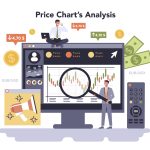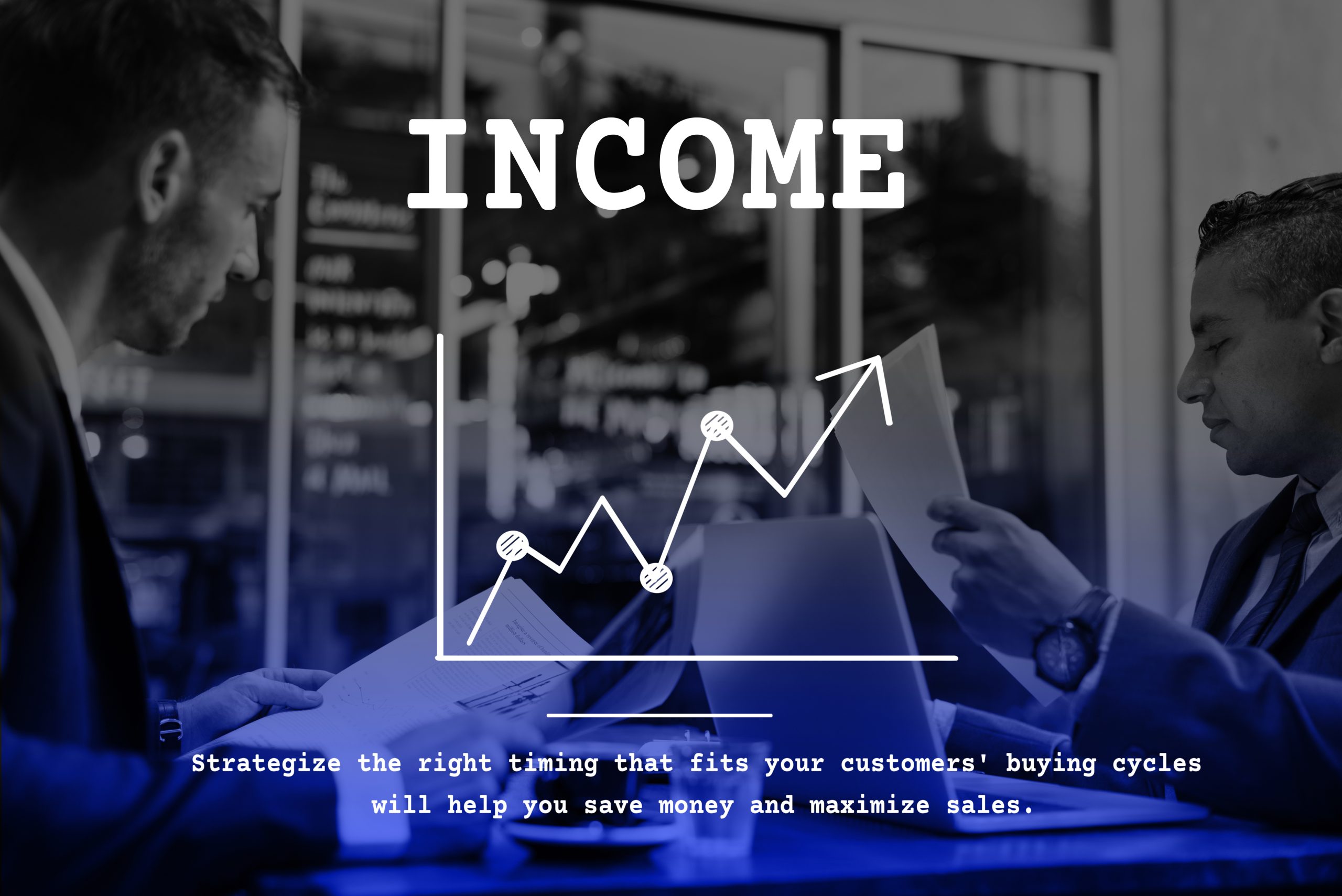Introduction: In the fast-paced world of indices trading, staying informed about economic events is crucial. Economic events, such as government reports, central bank decisions, and global economic trends, can have a significant impact on indices and create trading opportunities. Understanding how these events influence the market and adopting appropriate trading strategies can help traders maximize their potential gains. In this article, we will explore the various types of economic events and their impact on indices trading.
Keywords: economic events, indices trading, trading strategies, market impact, global economy
WordPress Tags: economic events, indices trading, trading strategies, market impact, global economy
- Types of Economic Events: Economic events encompass a wide range of occurrences that affect the economy and financial markets. Some key types of economic events that impact indices trading include:
- Government Economic Reports: These reports include data on GDP growth, employment figures, inflation rates, consumer spending, and manufacturing activity. They provide insights into the overall health of the economy and influence market sentiment.
- Central Bank Decisions: Monetary policy decisions, such as interest rate changes, quantitative easing programs, and policy statements from central banks, can significantly impact indices. Traders closely monitor central bank actions as they affect investor behavior and market dynamics.
- Corporate Earnings Reports: Earnings reports from individual companies within an index can sway market sentiment and impact the overall index performance. Positive or negative surprises in earnings can trigger buying or selling pressure on the index.
- Geopolitical Events: Political instability, trade disputes, and global conflicts can create volatility in the market and impact indices trading. Traders need to be aware of major geopolitical developments and their potential implications on indices.
- Macroeconomic Factors: Events like elections, policy changes, and regulatory decisions can influence market sentiment and investor confidence. Traders should stay informed about these factors and adapt their trading strategies accordingly.
- Impact of Economic Events on Indices Trading: Understanding the impact of economic events on indices trading is crucial for making informed trading decisions. Here are some ways economic events can affect indices:
- Volatility: Economic events often introduce uncertainty and volatility in the market. Indices can experience sharp price movements, creating both risks and opportunities for traders.
- Market Sentiment: Economic events can shape market sentiment, influencing investor behavior. Positive economic news can boost confidence and lead to upward movements in indices, while negative news can create pessimism and trigger downward movements.
- Sector and Industry Performance: Economic events can impact specific sectors or industries within an index. For example, changes in interest rates may affect the banking sector, while fluctuations in oil prices can impact energy-related industries. Traders should analyze the potential sector-specific impacts of economic events.
- Currency Effects: Economic events can influence currency exchange rates, which, in turn, affect the competitiveness and profitability of companies within an index. Traders should consider the interplay between currency movements and indices trading.
- Developing Trading Strategies: To effectively navigate economic events in indices trading, traders can adopt various strategies:
- Stay Informed: Continuously monitor economic calendars, news sources, and official reports to stay informed about upcoming economic events and their potential impact on indices.
- Technical Analysis: Combine fundamental analysis with technical analysis tools to identify key support and resistance levels, trends, and patterns. Technical analysis can help traders time their entry and exit points during volatile market conditions.
- Risk Management: Economic events can create market uncertainty and increased volatility. Implement risk management strategies, such as setting stop-loss orders and position sizing, to protect your capital and minimize potential losses.
- Diversification: Diversify your portfolio trading multiple indices across different regions or sectors. This can help mitigate the impact of economic events specific to a particular index.
Conclusion: Economic events have a profound impact













